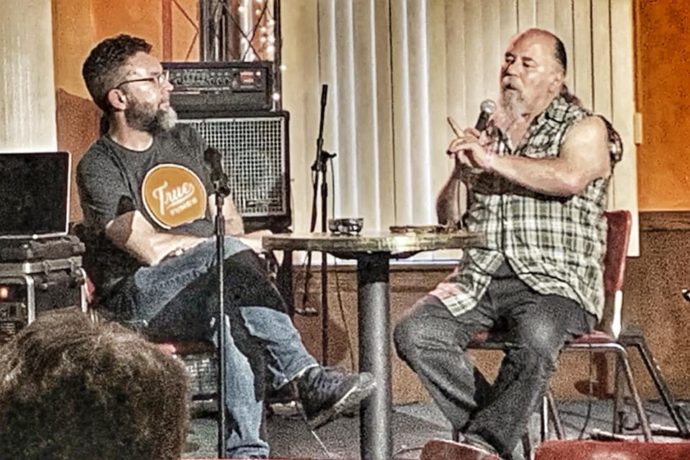The Downside of Dylan Winning the Nobel Prize
By JJT (written for ThinkChristian.net)
When we reduce Bob Dylan to a lyricist, we miss out on the incarnational aspect of his music.
The 2016 Nobel Prize in literature, an honor that usually rewards obscure authors with much-needed recognition and cash, has been given to one of the most famous pop artists in the world: Bob Dylan. Though Dylan has written both an acclaimed memoir and a collection of poems, the Swedish Academy specified that the Nobel was for “creating new poetic expressions within the great American song tradition.” A Nobel Prize in literature to a popular folk singer? What’s going on here?
I find myself conflicted over this award. Is the academy performing some sort of art surgery, wresting Dylan’s lyrics from the context of both their musical settings and the unique voice that delivers them? As a fan of thoughtful music in general and Dylan’s genius in particular, I’m thrilled to see so many people contemplating the brilliance and influence of his work as a result of this honor. It’s hard, however, not to feel that something crucial is being missed when we reduce Dylan to a lyricist.
Bob Dylan is a folk artist in the best and truest sense of that word. Few popular artists have so successfully synthesized diverse influences into personally authentic new work. He builds musical houses—some grand and sprawling, some creaky and haunted—and then inhabits those houses with characters, stories, confessions, observations, and fables. It is the authenticity of those structures that has allowed him to craft deeply spiritual and often surprisingly Biblical art in way that is accessible to all audiences. Dylan’s words don’t simply ride alongside the music; they become a part of it. In this way, his music is far more incarnational than it is propositional. Isolating his lyrics as written poetry misses the point and furthers the attitude that the words are the important part of songwriting.
To continue reading this article please CLICK HERE




